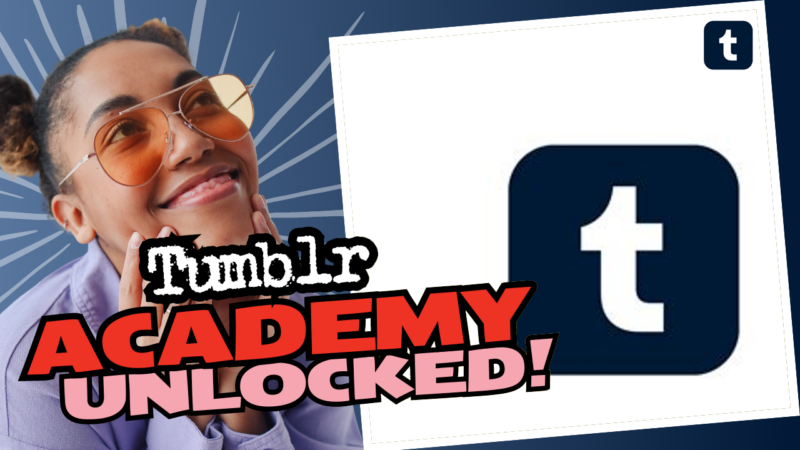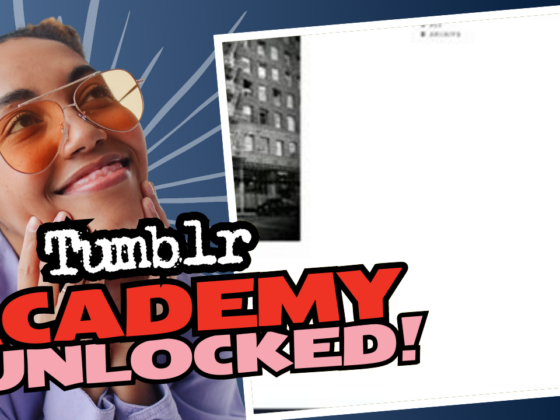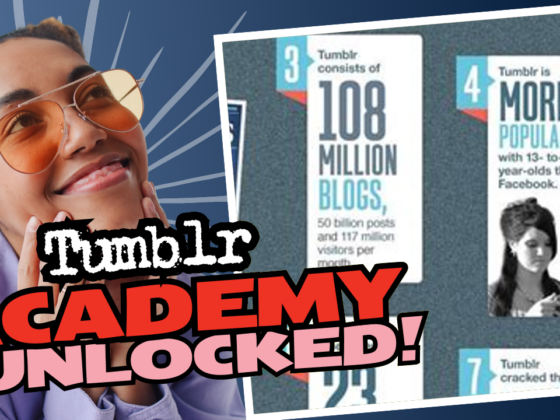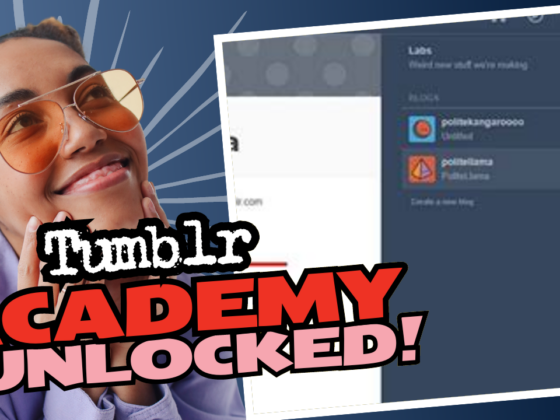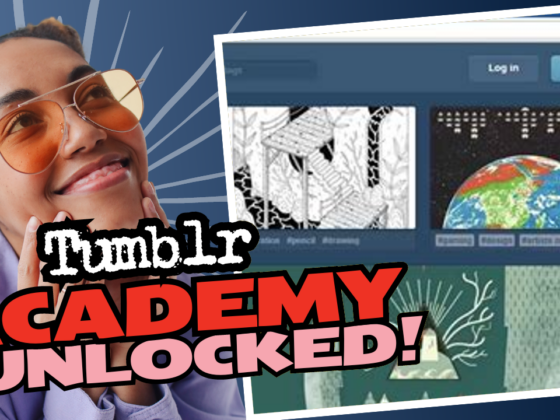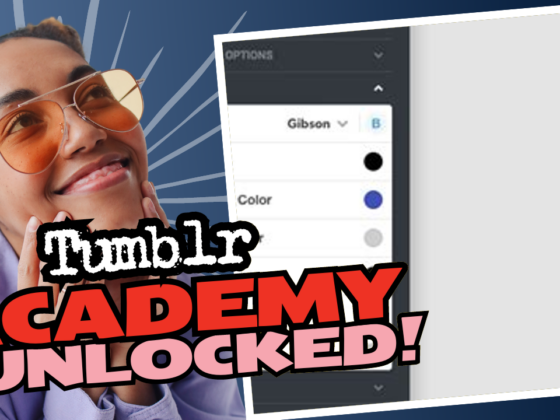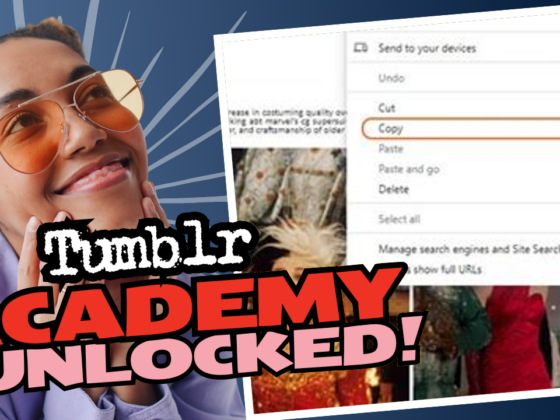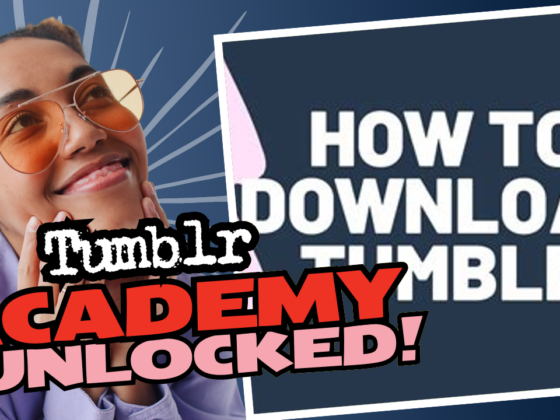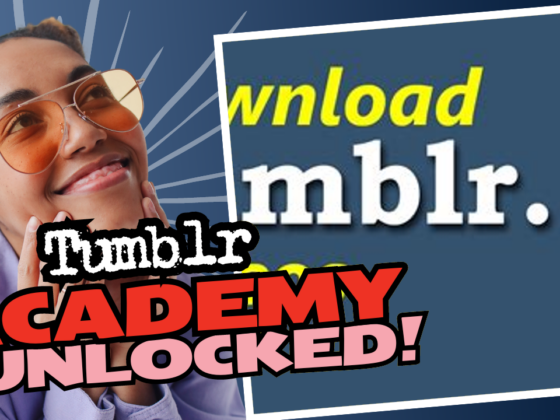Why Did Tumblr Fail? The Rollercoaster Ride of a Once-Fabulous Platform
Ah, Tumblr—the platform that was once a vibrant playground for memes, quirky posts, and yes, a generous amount of NSFW content. But why did it start to fizzle out like a soda left open overnight? Buckle up, because we’re diving into the bumpy road of Tumblr’s decline.
Let’s start with the elephant in the room: the infamous NSFW purge. In late 2018, Tumblr made the jaw-dropping decision to ban adult content. Now, before you roll your eyes and say, “Oh, here we go again,” consider this: a massive chunk of Tumblr’s audience thrived on this very content. When users woke up one day to find their favorite blogs gone, many packed their digital bags and headed for the greener pastures of platforms like Twitter and Reddit. In just five months, it’s estimated that Tumblr lost a staggering 30% of its user base! Ouch.
Next up, let’s talk about the corporate circus. Tumblr was originally owned by Yahoo, which became a part of Verizon’s empire in 2017. Verizon, bless their heart, had no idea how to manage a social media platform that thrived on creativity and community. In a series of questionable decisions, including minimizing SEO (search engine optimization), they essentially turned Tumblr into a ghost town. Look, if people can’t find your website through Google, you’ve got a serious problem. Instead of being a hub for creativity and self-expression, Tumblr’s visitor count shriveled like a raisin in the sun.
That said, it’s not all doom and gloom! Believe it or not, Tumblr is still alive, albeit breathing a bit more quietly now. Some users still cling on, waving their quirky flags and engaging in lively fan communities. There are pockets of creators, artists, and webcomic aficionados who have found success on the platform. Some even argue that the decline has made it a more niche and enjoyable space without the overwhelming noise of its past.
But what about its quirky design? One could say it clung to its roots too tightly. Tumblr’s unique user interface never fit the mainstream mold, which may have baffled newcomers. As they attempted to adapt to the evolving social media landscape, the changes were met with mixed reactions. Who wants to deal with a platform that feels like trying to ride a unicycle on a tightrope? Not many, let me tell you.
In summary, while Tumblr will always have a special place in the digital heart of its community, it’s fair to say it has struggled in the face of poorly executed changes, corporate decisions, and fierce competition. Whether it can reclaim its lost glory remains to be seen.
To wrap it up, if you’re curious about the wild world of Tumblr or why it seems to be a dying flower in the vast garden of social media, connect with us! We’re here to sprinkle some wisdom and dive deeper into the abyss of internet history. Ask us anything; your digital quest for knowledge starts now!

